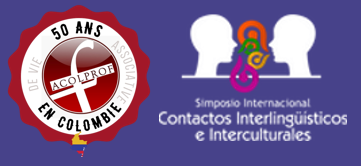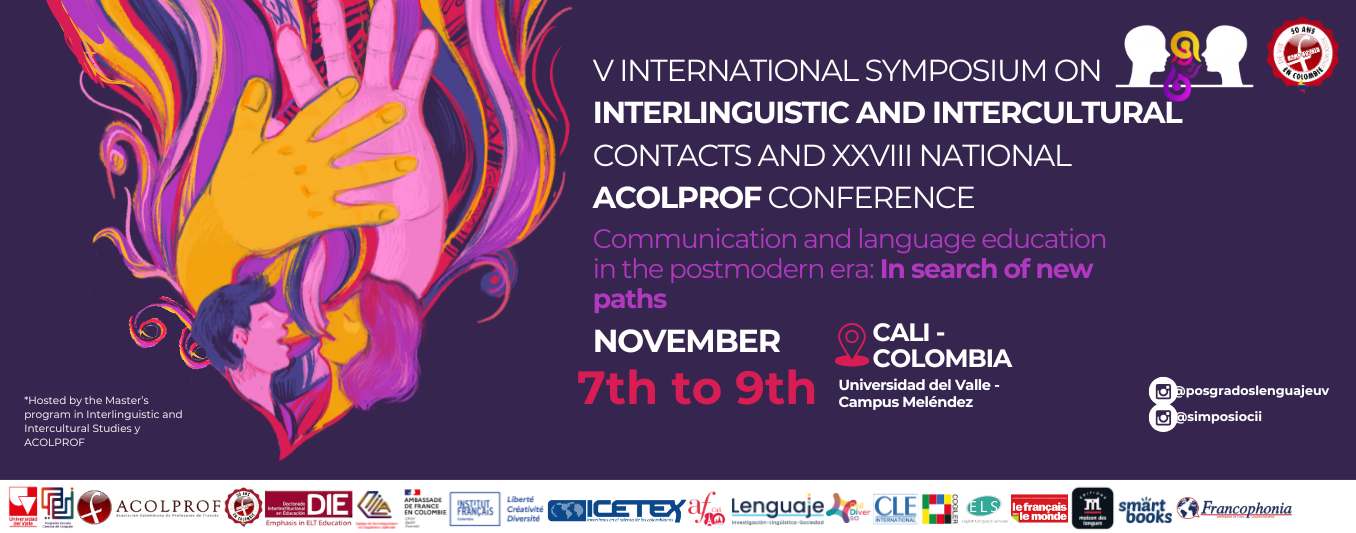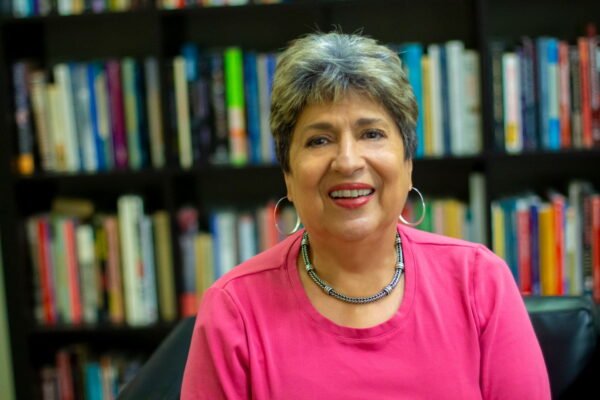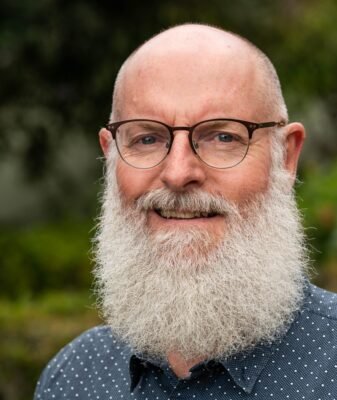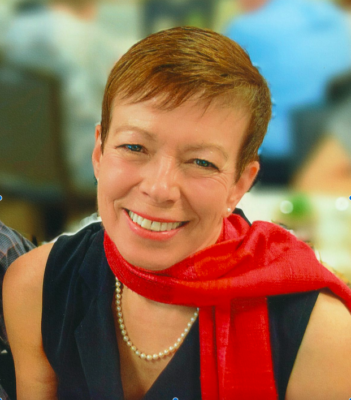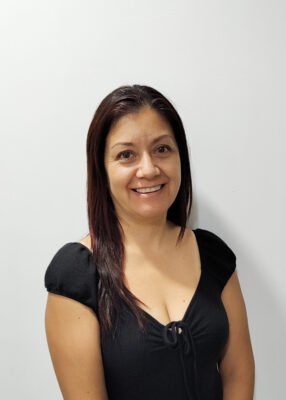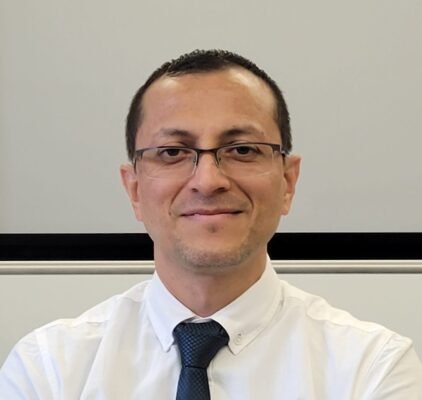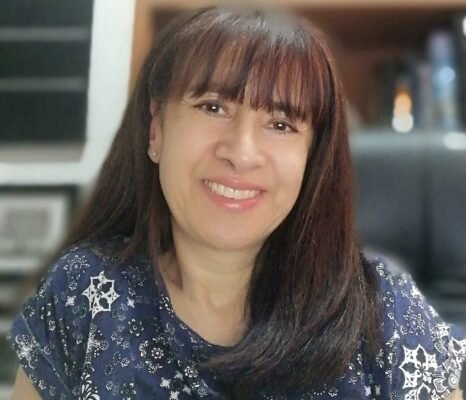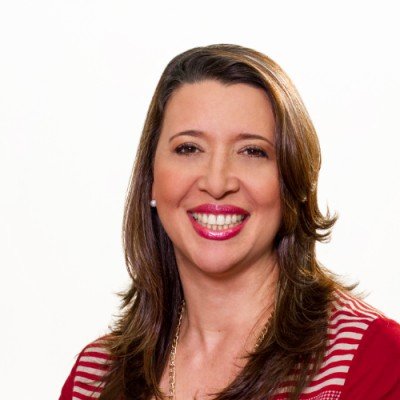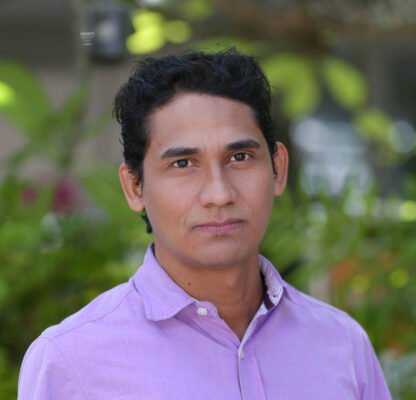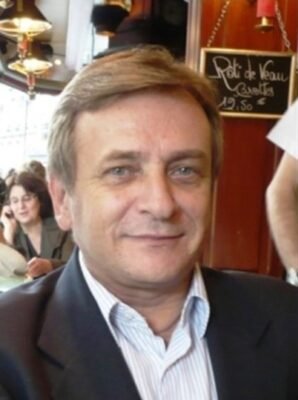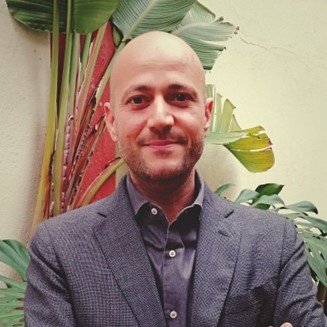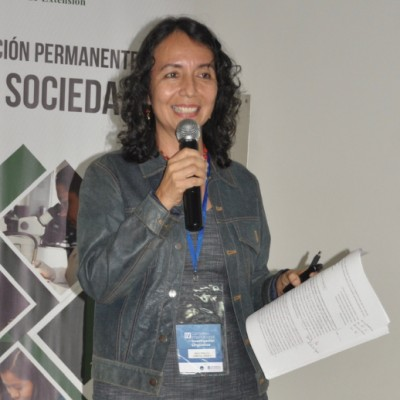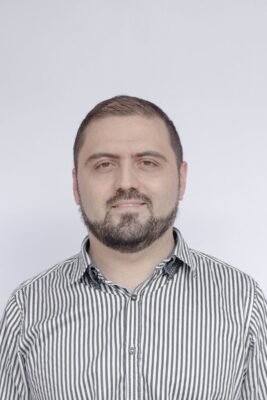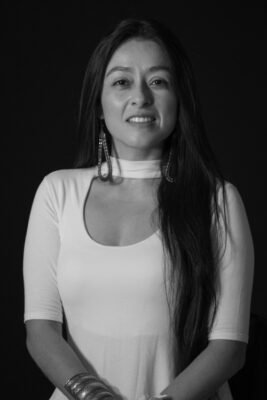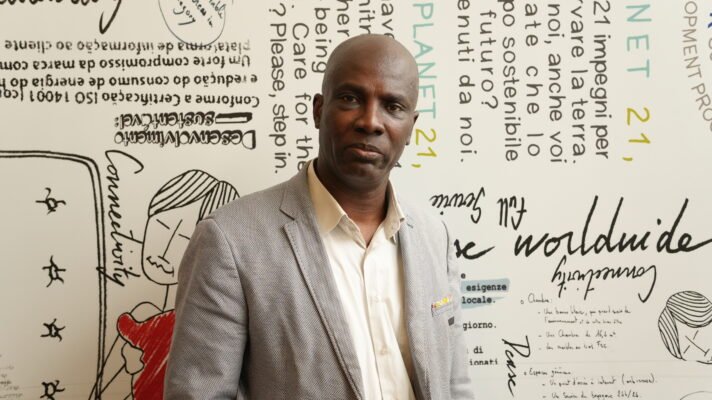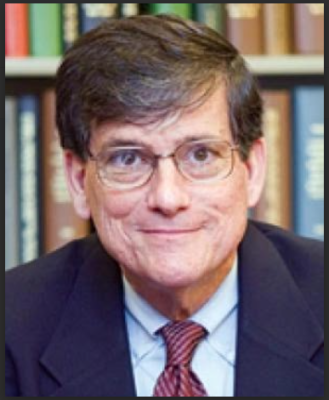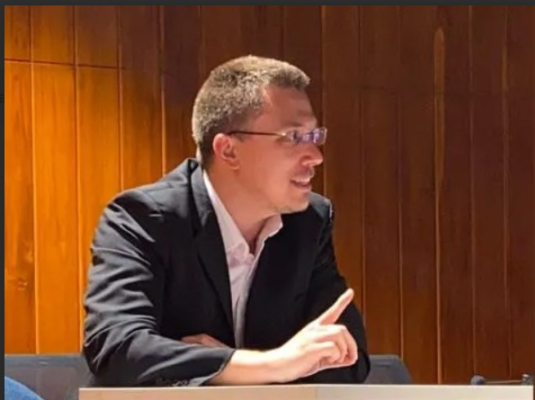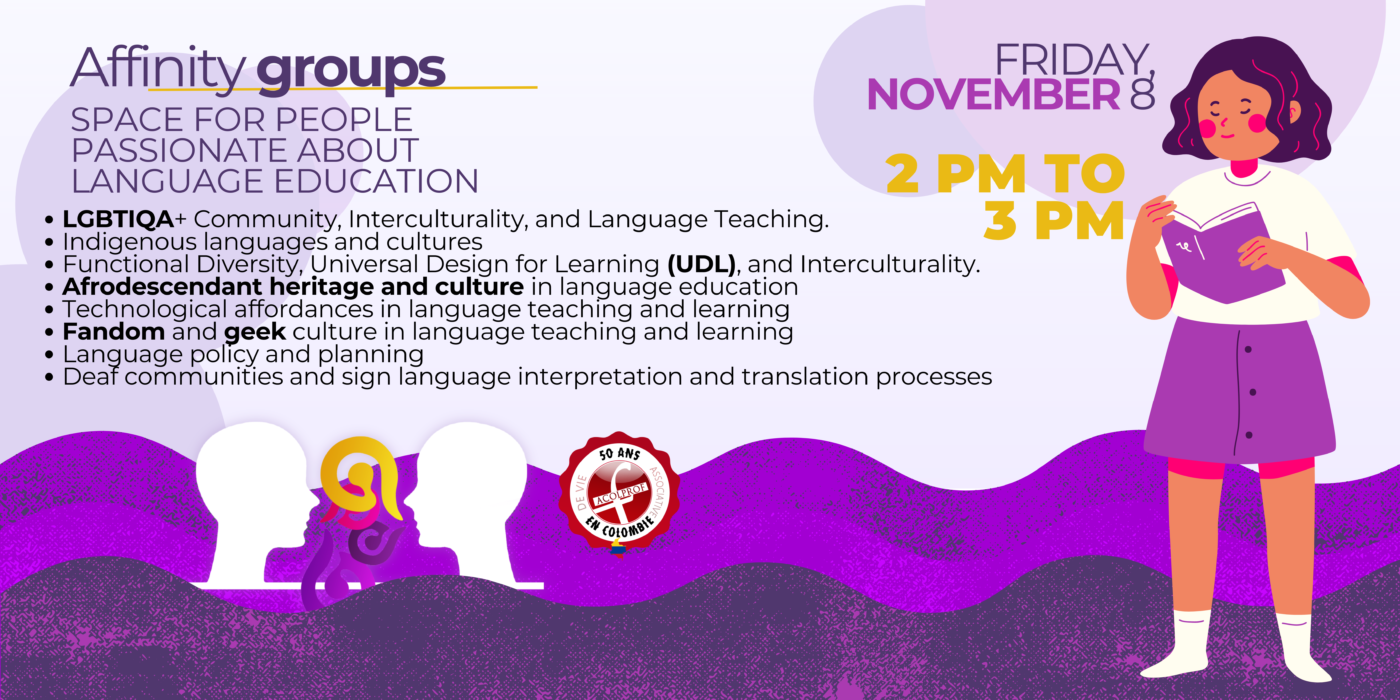Introduction
The School of Language Sciences, the Master’s program in Interlinguistic and Intercultural Studies at Universidad del Valle, and the Colombian Association of Teachers of French (ACOLPROF for its acronym in Spanish) are pleased to invite you to the IV International Symposium on Interlinguistic and Intercultural Contacts and XXVIII National ACOLPROF Conference. The main theme is: Communication and language education in the postmodern era: In search of new paths. The event will be hosted in person from November 7th to 9th, 2024, at Universidad del Valle, Cali, Colombia (Meléndez Campus).
Important dates:
April 30th to August 15th
Proposals
reception
August 12th to September 15th
Results of proposals review
Until November 1st
Presenters’ registration:
Until October 30th
Pre-Symposium workshops Registration
November 5th and 6th
Pre-symposium workshops
November 7th to 9th
Symposium
Type of proposals
Discussion panels (2 hours):
A group of a maximum of six participants present and discuss a topic related to the strands of the Symposium. Presenters exchange their papers in advance and discuss their views during the session. The panel organizer is responsible for summoning the other panel members, proposing, and coordinating the talk.
Poster session (15 minutes):
Visual presentation of research papers, theoretical discussions or pedagogical experiences, in which attendees walk around the poster display area and interact with the presenters.
Book presentation (20 minutes):
Socialization of books published in the last three years on topics related to the symposium. The presenters introduce the volume, mention its origin and organization, and discuss the contents of their work.
Papers (20 minutes):
State-of-the-art presentations, theoretical reflections, partial or final research reports, and educational, pedagogical or community experiences.
Workshops (1 hour):
Presentation followed by practical activities with attendees oriented to didactics or practical solutions of issues related to professional practice.
Registrations and Tarifas:
Registrations and fees:
Participation registration form as a speaker, workshop participant or panelist:
Instructions for payment:
| Types of audiences | Until September 15th | From September 16th |
|---|---|---|
| Presenters | $ 150.000 COP | $ 200.000 COP |
| Attendees to the symposium only | $ 200.000 COP | $ 250.000 COP |
| Attendees to the pre-symposium workshops and symposium | $ 250.000 COP | $ 300.000 COP |
| Attendees to the pre-symposium workshops only | $ 150.000 COP | $ 180.000 COP |
| Teachers and students from public schools | Free Pre-registration application (limited spaces) | |
| Undergraduate and graduate students from Universidad del Valle | Free Pre-registration application (limited spaces) | |
| ACOLPROF members | Free | |
| Participants working in the field of Sign language teaching and/or interpretation | Free Pre-registration application (limited spaces) | |
| Members representing the deaf community and the deaf-blind community | Free Pre-registration application (limited spaces) | |
| Members of indigenous communities | Free Pre-registration application (limited spaces) | |
Free registration groups must certify their membership in these categories (e.g., student card, the Univalle tuition certificate, a work certificate, or an Indigenous Council certification).
All the groups that benefit from the total discount will be awarded their attendance certificates only if they complete at least 70% of attendance at event activities.
Contact us for information on teacher and student group rates.
simposiocii@gmail.com
Special Guests
Strands
Target audience:

University teachers

Researchers

Elementary and high school language teachers

Language center teachers and administrators

Undergraduate and graduate language students

Administrative staff of educational institutions

Administrative staff of educational institutions

Communal workgroups around the strands of the event
Working languages of the event: Proposals written in Spanish, English, French and Portuguese will be accepted. The presentations can be delivered in Spanish, English, French, Portuguese, Colombian Sign Language, or Colombian Indigenous languages.
Committee:
More information will be available soon. See you in November!
Sitios de Interés
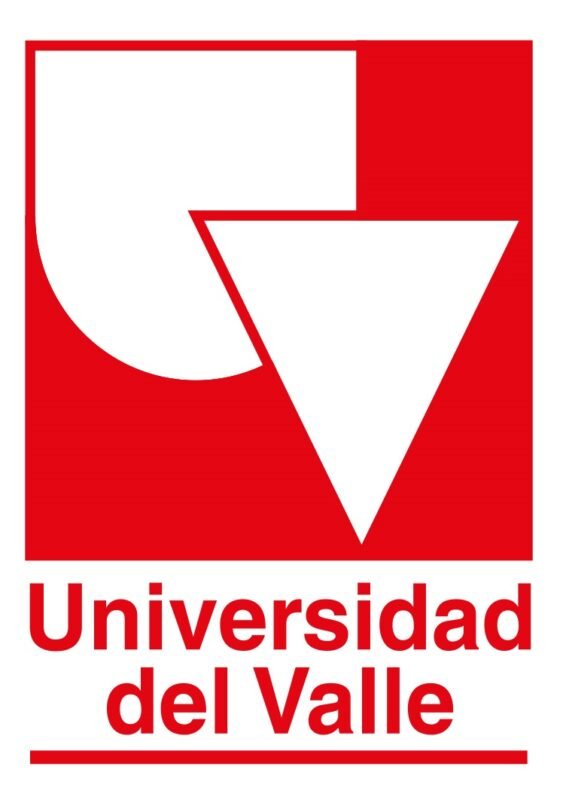
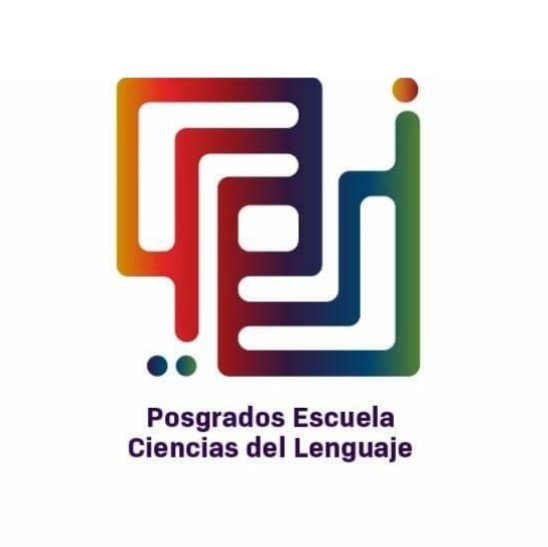

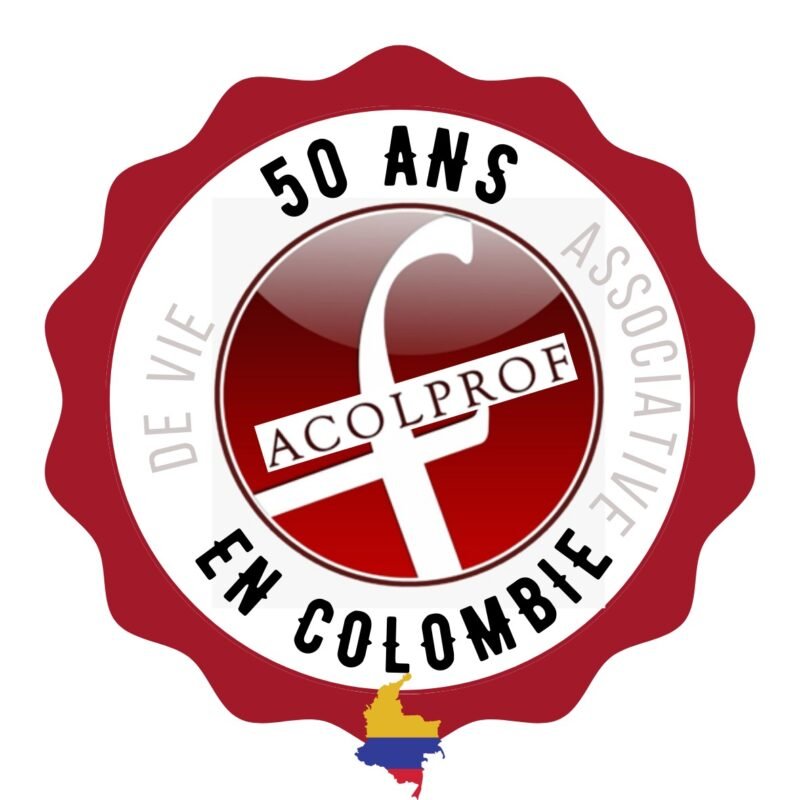

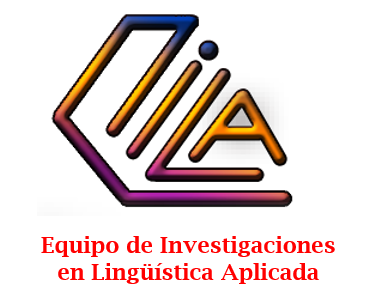


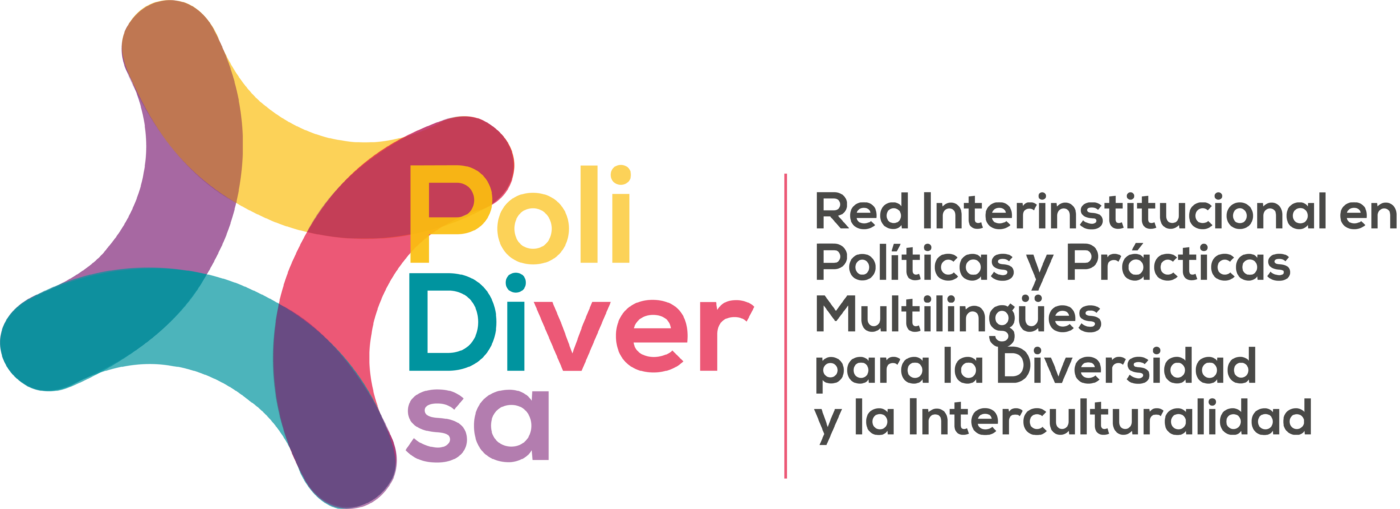
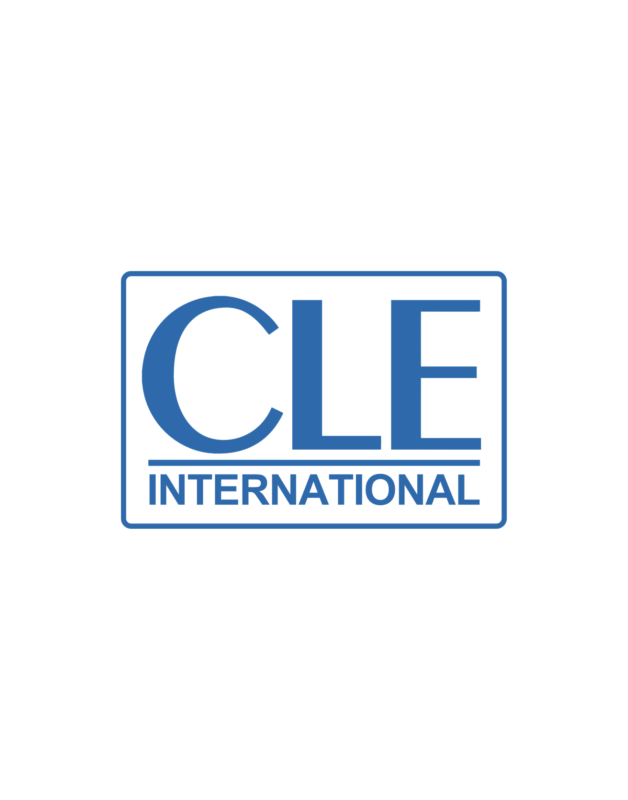
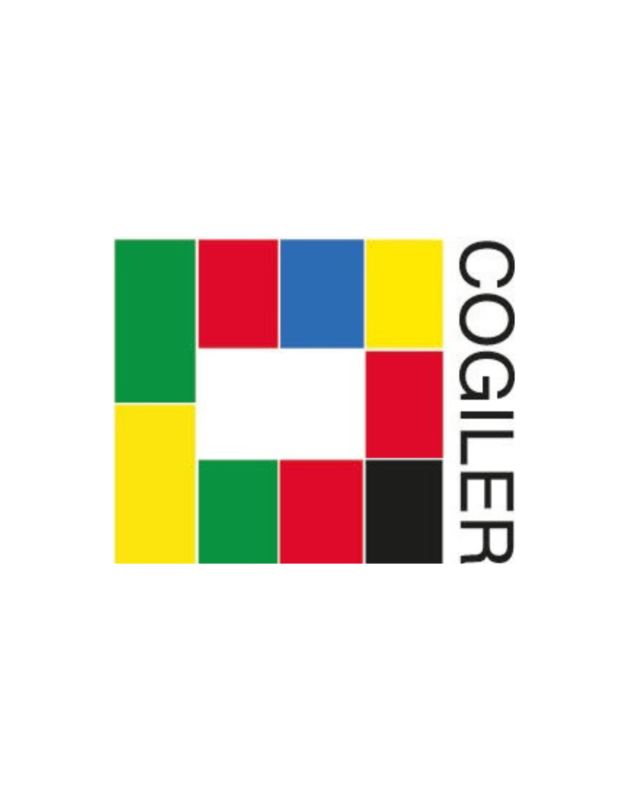
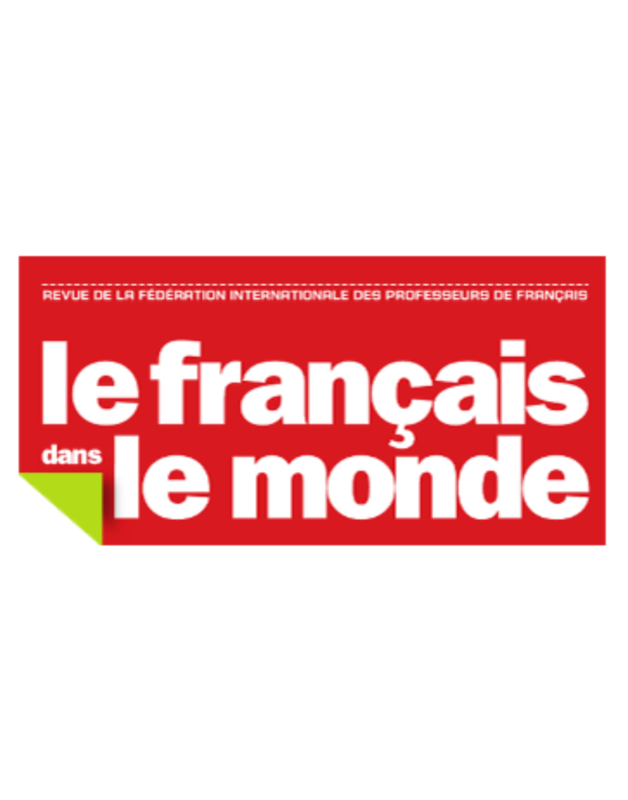

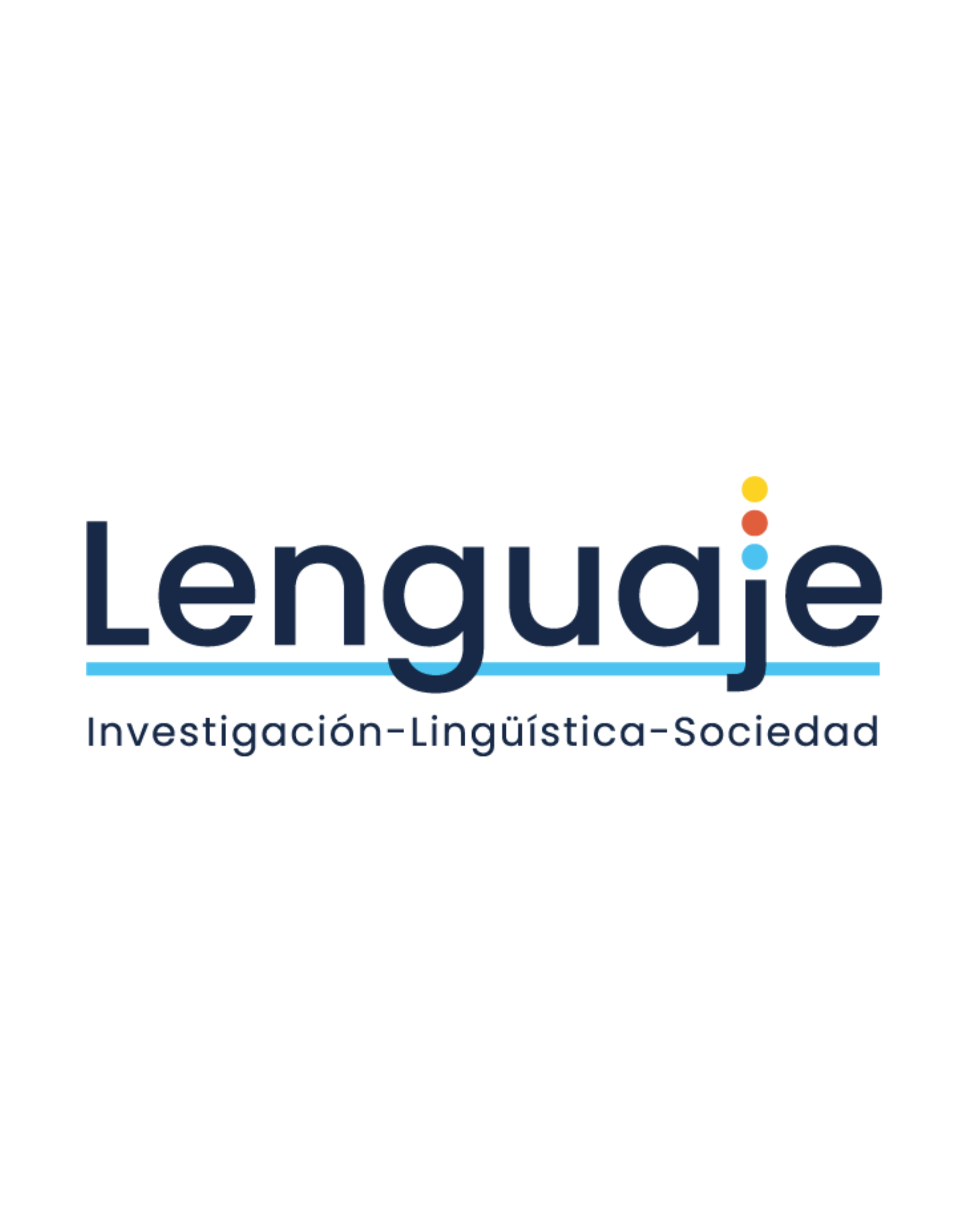
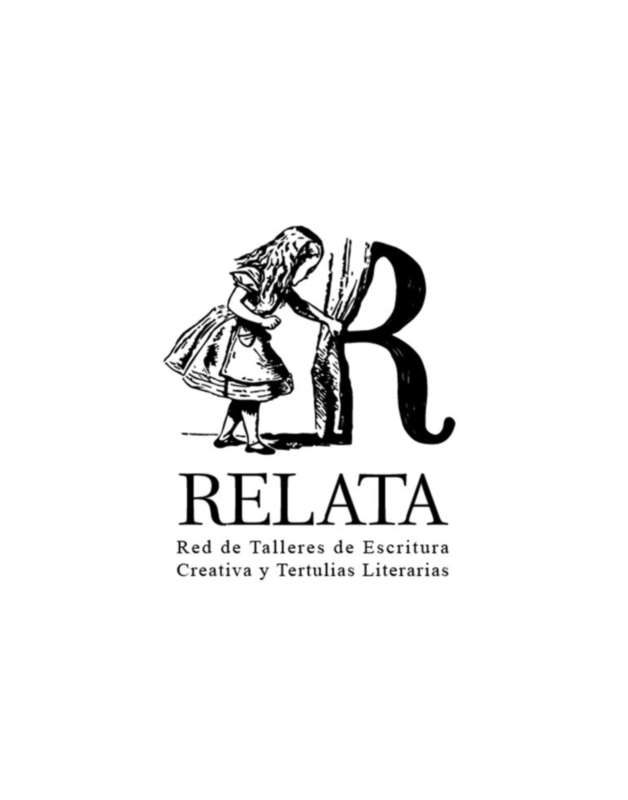
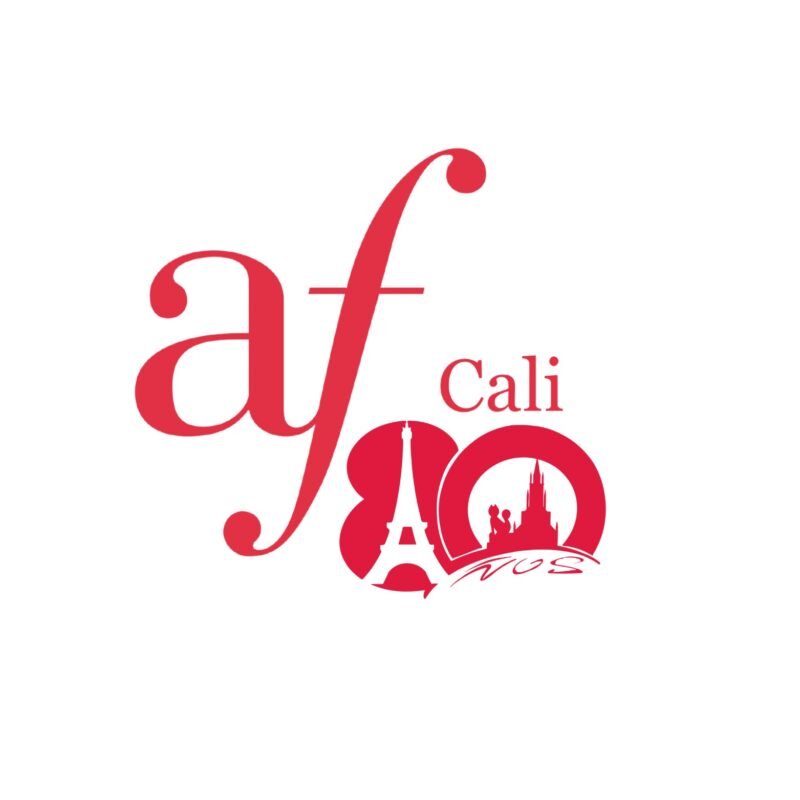


Universidad del Valle – Escuela de Ciencias del Lenguaje
Calle 13 # 100-00
Ciudad Universitaria Meléndez
Cali – Colombia

Oficina: 602 315 48 71

simposiocii@gmail.com
coordinacion.maestriaeilic.ecl
@correounivalle.edu.co
postgrados.lenguaje@correounivalle.edu.co
Pacifist declaration
At the IV Symposium of Interlinguistic and Intercultural Contacts and XXVIII National ACOLPROF Congress, organized by Universidad del Valle and ACOLPROF, we celebrate the richness of our communities and collectives representing ethnic, linguistic, social, gender, functional, political, and religious diversities that have shaped our stories, traditions, and cultural practices. We invite you to value and respect each language and cultural expression, open our minds and hearts to the diversity of perspectives and encourage encounters and intercultural exchanges in respectful dialogues.
